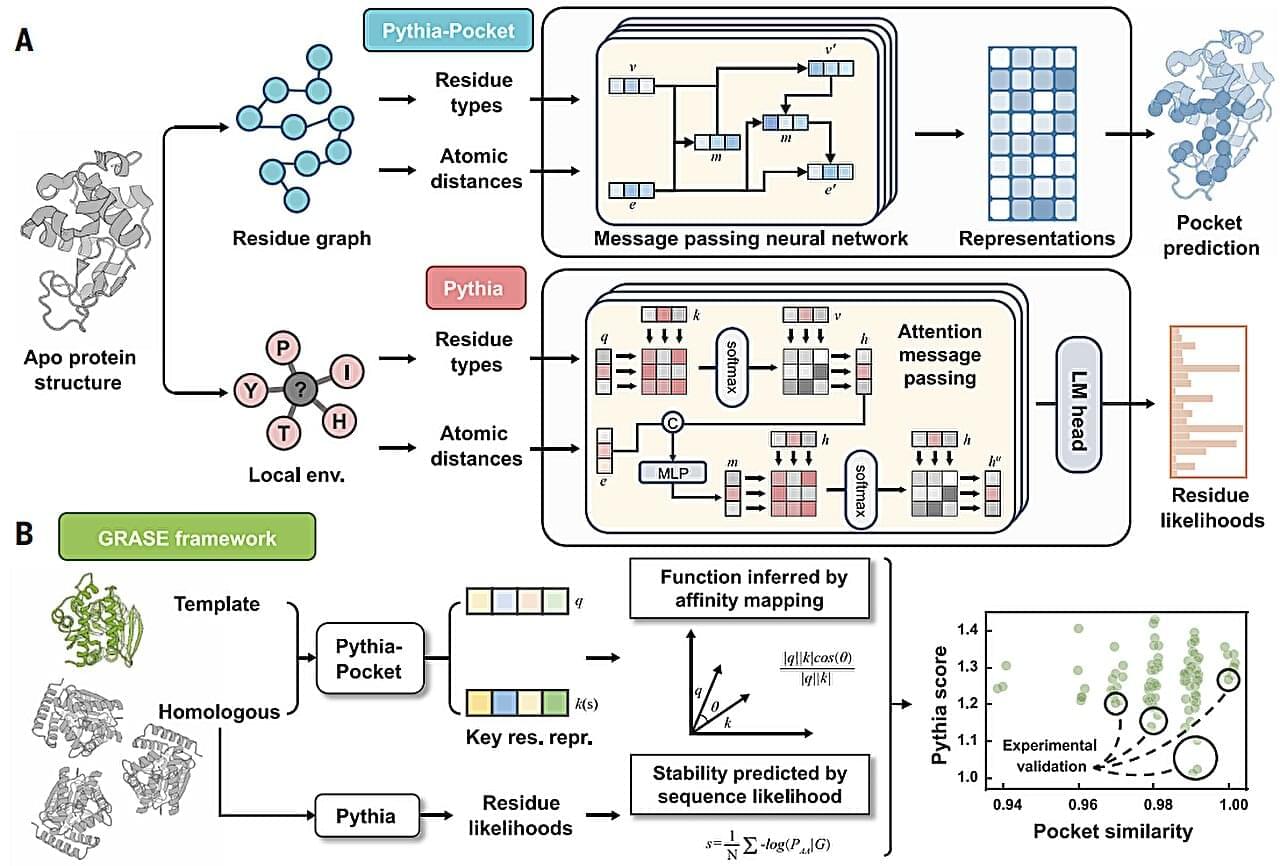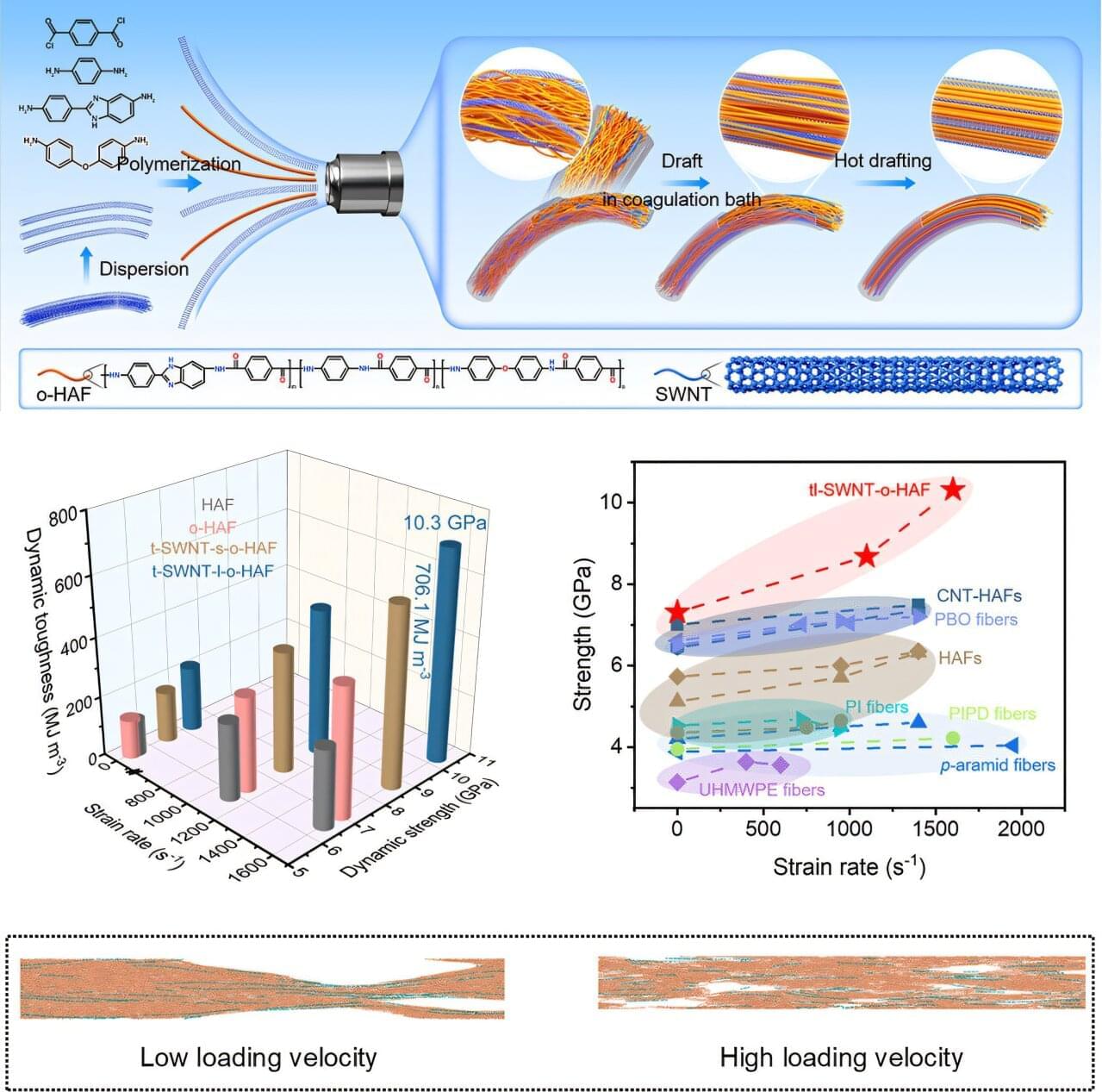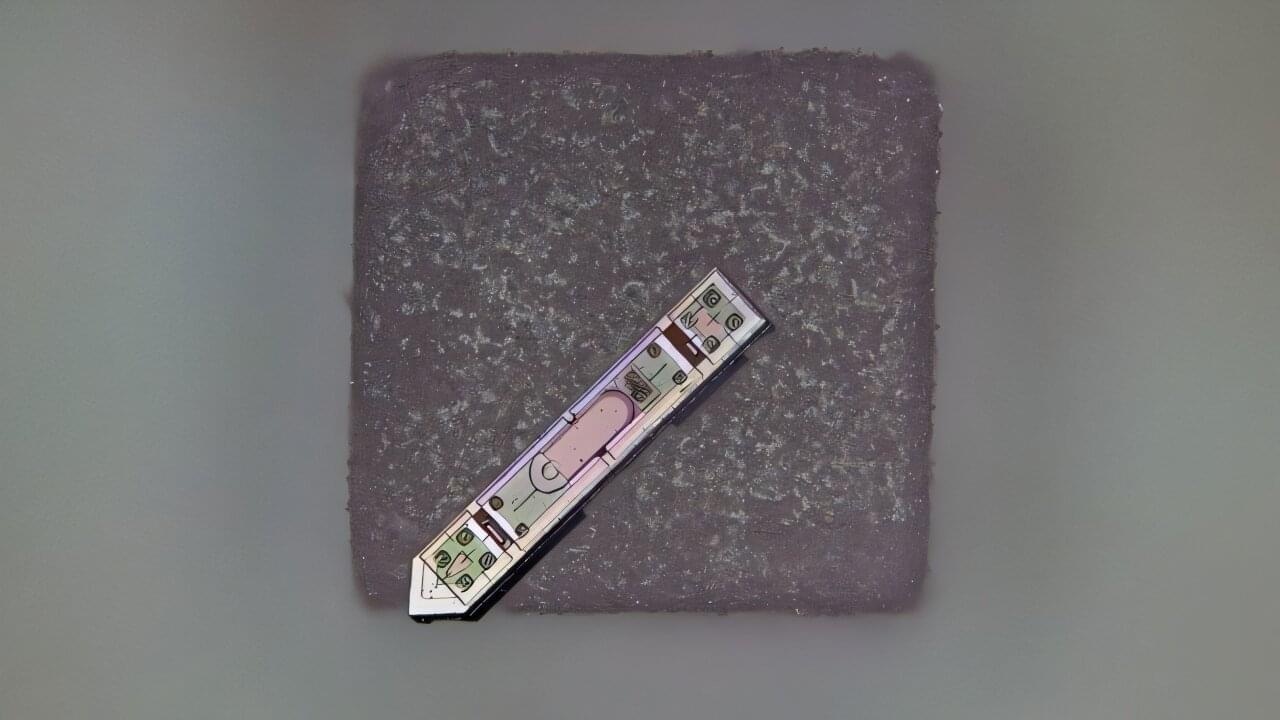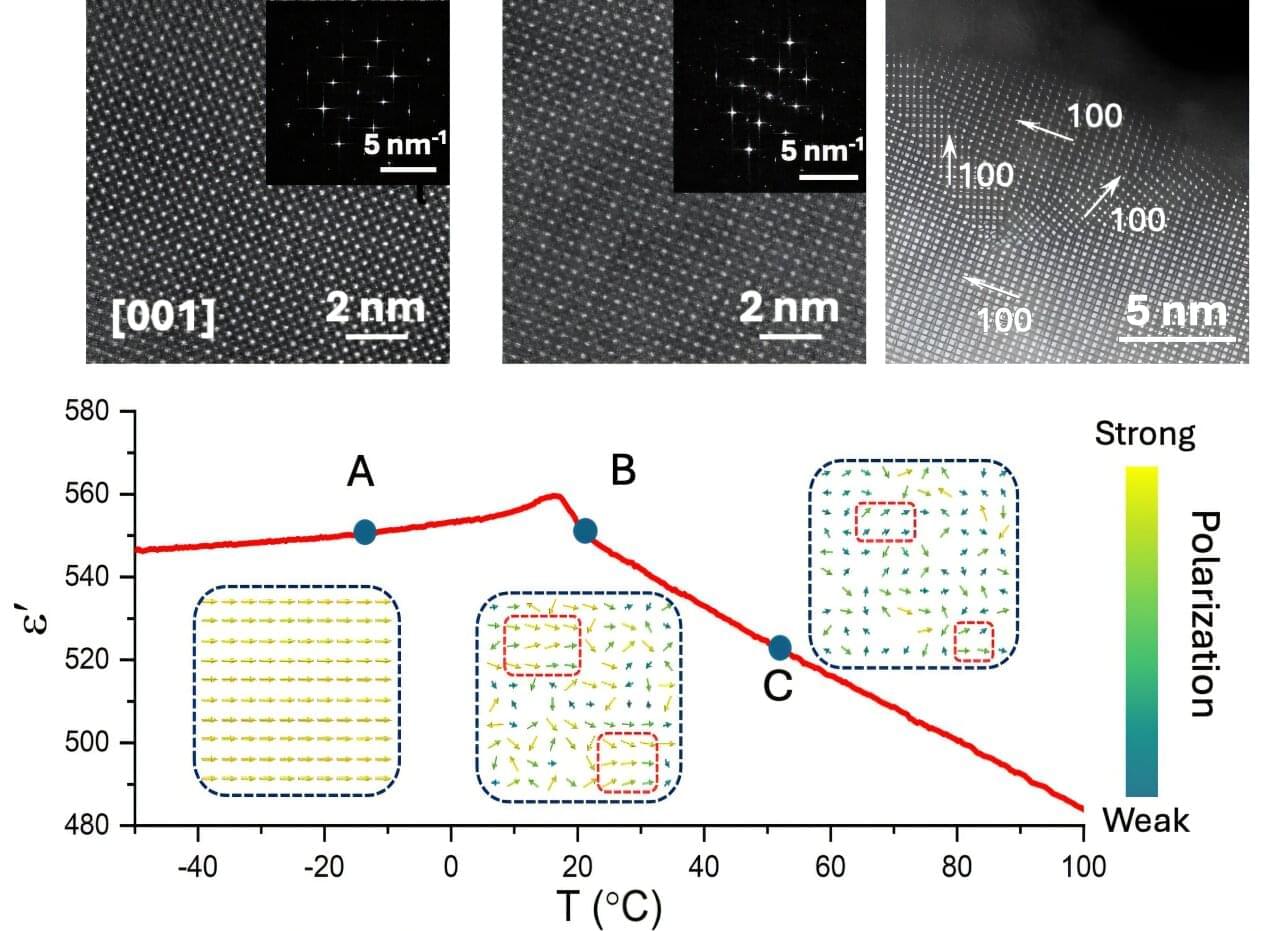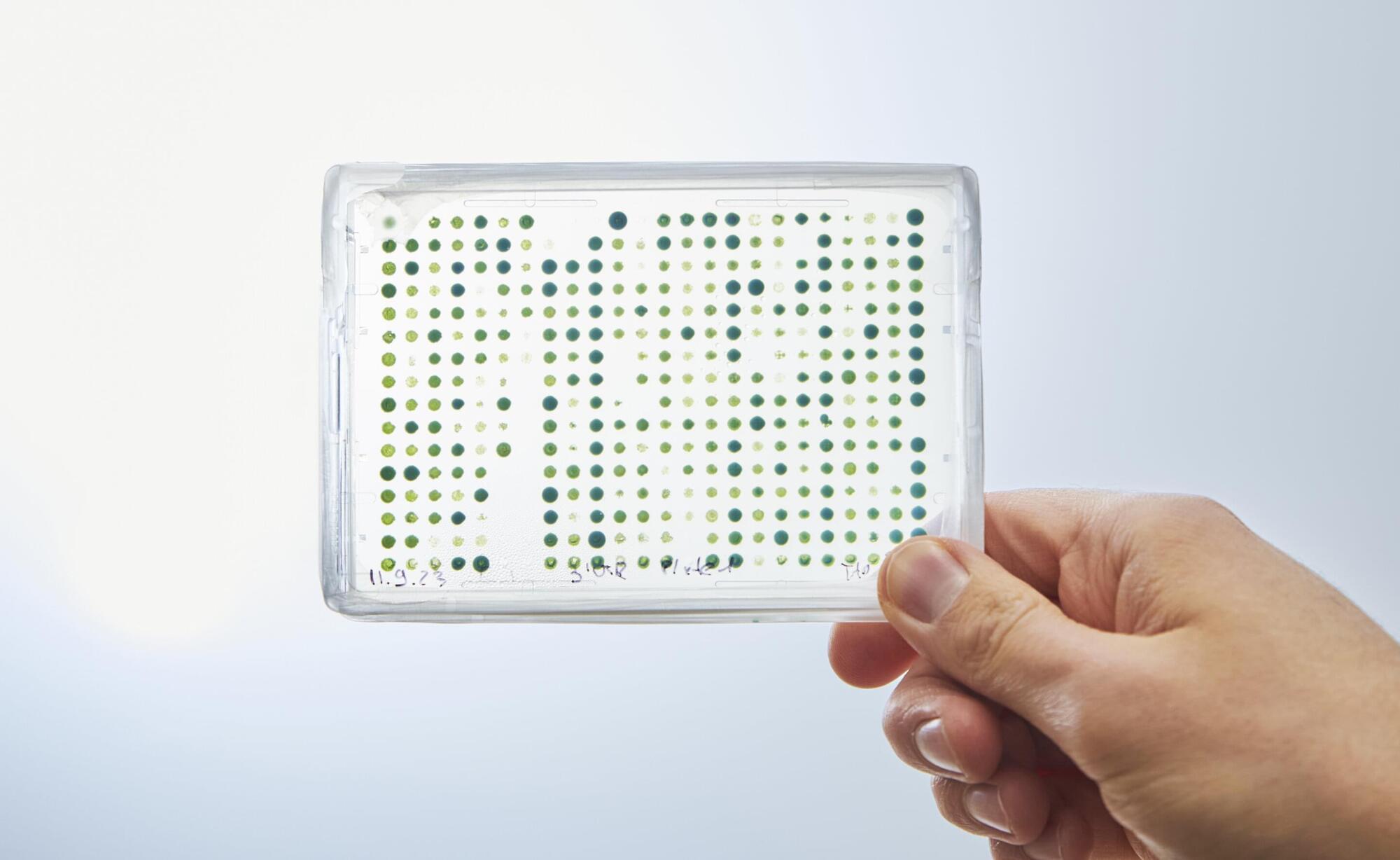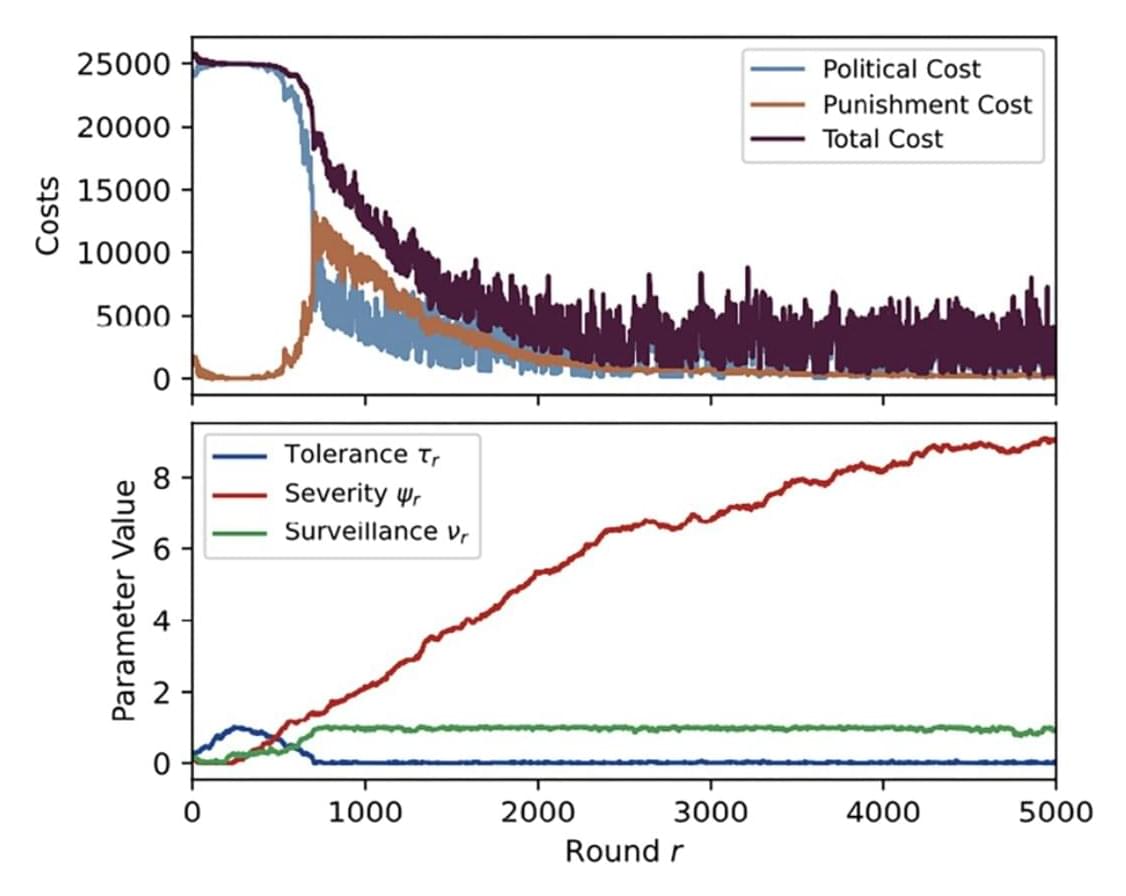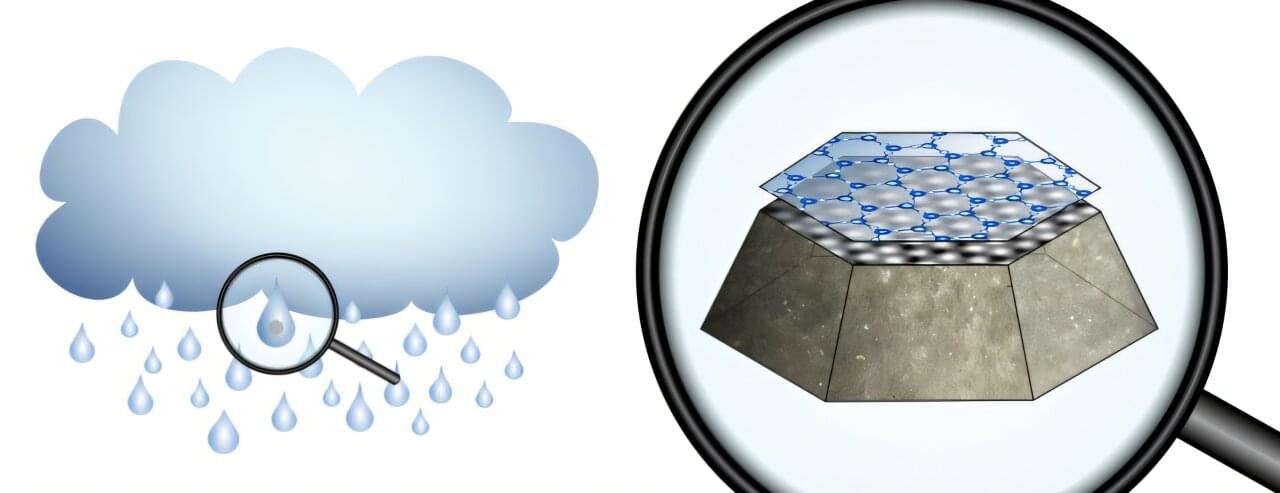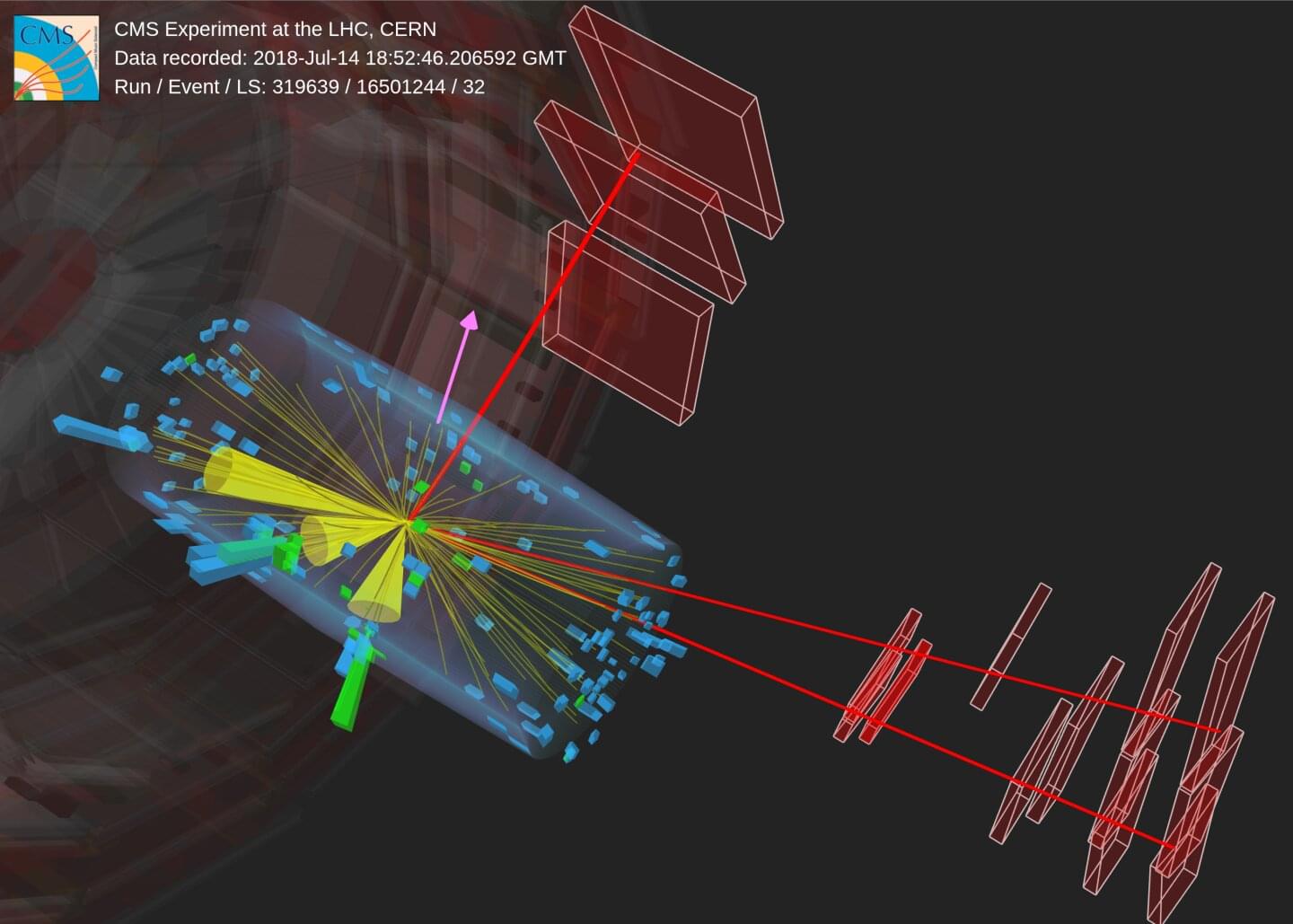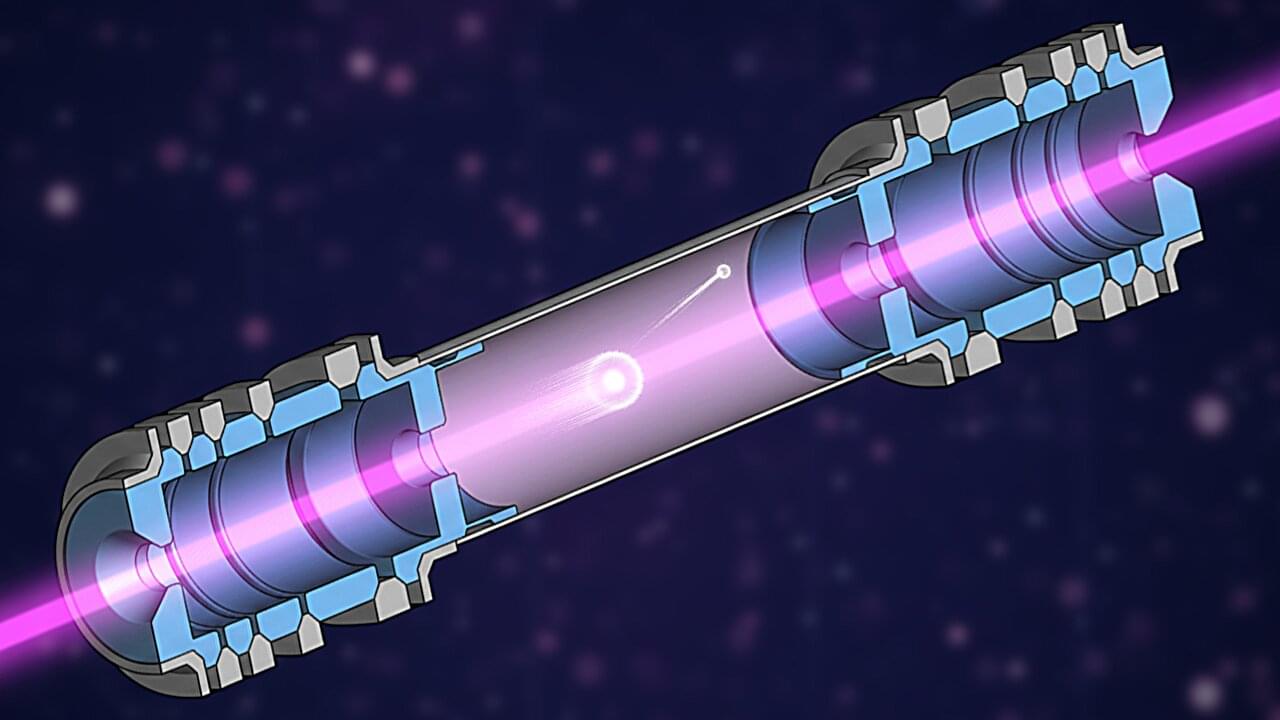As the use of AI spreads through every industry and becomes more of a part of our lives every day, researchers are also looking into ways it can be used to solve some of the world’s biggest problems. One of these problems is the world’s reliance on plastics for making everything from clothing to medical supplies to food wrappers, which is creating a massive amount of non-biodegradable waste—with more and more piling on every day. Much of this ends up wreaking havoc on various ecosystems and creating an overabundance of microplastics that end up in our food and water supplies.
Clearly, there is a need for recycling these materials. However, plastics remain one of the most difficult materials to recycle efficiently. But now, a team of researchers might have found a way to facilitate the process with the help of AI. Their study, published in Science, details how a neural network helped them find enzymes that can break down plastics faster and more efficiently than any they’ve found on their own.
